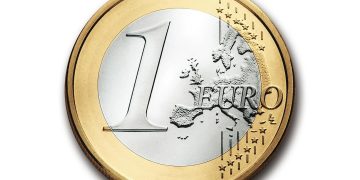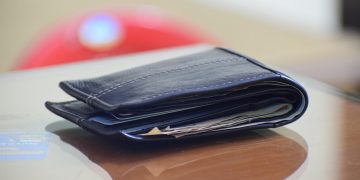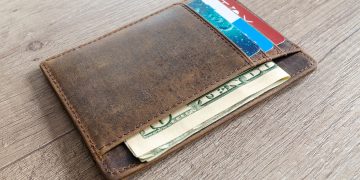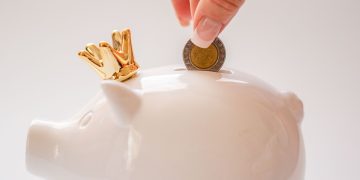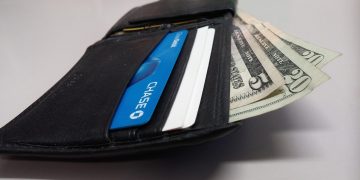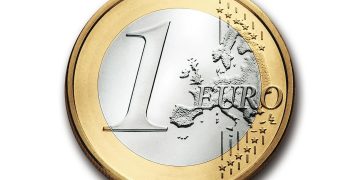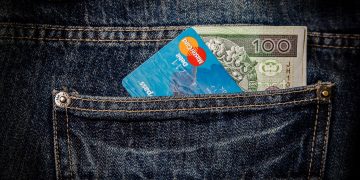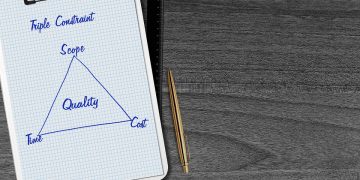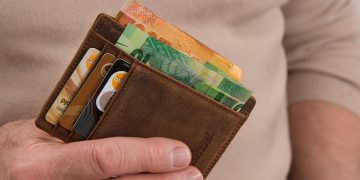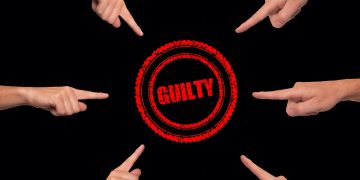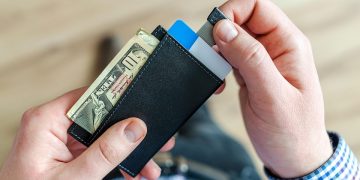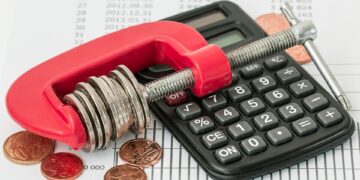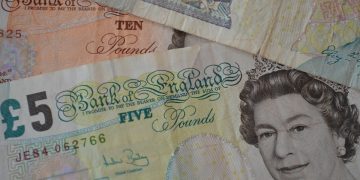Unlocking the Secrets of Effective Debt Reduction
For many individuals, debt is a significant burden that impedes financial freedom. However, effective debt reduction is not only possible, it is a crucial step towards achieving financial stability and peace of mind. This comprehensive guide will provide you with strategies, tips, and actionable steps to significantly reduce your debt load.
The Importance of Reducing Debt
Reducing debt is vital for several reasons. Firstly, it lowers the amount of interest you pay, as interest is charged on the outstanding balance. Less debt means paying less money to creditors and more for yourself. Secondly, a lower debt-to-income ratio enhances your credit score, which is beneficial when you want to apply for additional credit for big life purchases like a house or a car. Lastly, reducing debt eases mental stress, giving you the freedom to focus on other priorities in life.
Understanding Your Debt
Before diving into repayment strategies, it’s essential to understand your debt. List all your debts including credit cards, personal loans, student loans, car loans, and mortgages with their corresponding balances, interest rates, and monthly payments. This comprehensive overview will help in prioritizing which debts to pay off first to optimize your interest savings.
Assessing Debt Types
Not all debts are equal. Understanding the difference between ‘good debt’ and ‘bad debt’ can influence the order in which you decide to pay off debts. Good debts, like a mortgage, can be considered investments that potentially increase in value or generate long-term income. In contrast, bad debts such as high-interest credit card debts only drain your financial resources without offering any return.
Effective Debt Reduction Strategies
There are several proven strategies to reduce your debt efficiently. Choosing the right one depends on your individual financial situation, discipline level, and long-term financial goals.
The Snowball Method
With the snowball method, you start by paying off the smallest debts first while maintaining minimum payments on others. This method motivates you by providing quick wins. However, it may lead to paying more in interest over time compared to other methods that prioritize high-interest debts.
The Avalanche Method
The avalanche method prioritizes debts with the highest interest rates. This approach will save you the most money in interest over time, but requires patience and discipline as the first debts to be cleared might take longer to pay off.
The Consolidation Method
Debt consolidation involves taking a new loan at a lower interest rate to pay off multiple existing debts. This can simplify your monthly payments, save on interest, and potentially help you get out of debt faster.
Budgeting for Debt Reduction
Effective budgeting is foundational in any debt reduction plan. Understanding your income and expenses allows you to find extra money to put towards debt. A realistic budget should include necessities like housing, food, and healthcare, while also allocating funds towards debt reduction and savings.
Tips for Effective Budgeting
Use budgeting apps to track your spending habits and adjust them accordingly. Aim to reduce discretionary expenses like dining out and unnecessary subscriptions. Applying any saved money to your debts can significantly accelerate your debt reduction efforts.
Staying Motivated and Disciplined
Sticking to a debt reduction plan requires motivation and discipline. It’s important to set clear, achievable goals and celebrate milestones, no matter how small. For instance, celebrating the full payment of a credit card balance can bolster the determination to tackle the next debt.
Common Questions about Debt Reduction
- Is it better to pay off debt or save money? Ideally, doing a bit of both is important. However, focusing on high-interest debts first can save you more in the long run.
- How can I reduce debt quickly? Increasing your income through side gigs, applying unexpected income like tax returns to debt, and cutting unnecessary expenses are effective ways to reduce debt quickly.
- What if I fall into more debt? Address the reason you are falling into debt. Adjust your spending habits, set up an emergency fund, and possibly seek professional financial advice if needed.
Conclusion
Debt reduction is not just about paying off balances but also about managing financial behaviors that led to debt. It requires understanding, strategizing, and a strong commitment to transforming your financial habits. By incorporating these effective debt reduction strategies, maintaining discipline, and using budgeting tools, financial freedom is not just a distant dream but a tangible goal.
Embarking on this journey requires a balanced approach between tackling existing debt and preventing new debts from forming. Remember, the path to debt freedom is a marathon, not a sprint, and persistence is key to success.
Further Resources
For those interested in exploring more about personal finance management and debt reduction, consider visiting financial education websites, reading books on personal finance, and potentially consulting with a financial advisor who can provide tailored advice and set realistic goals based on your financial situation.

